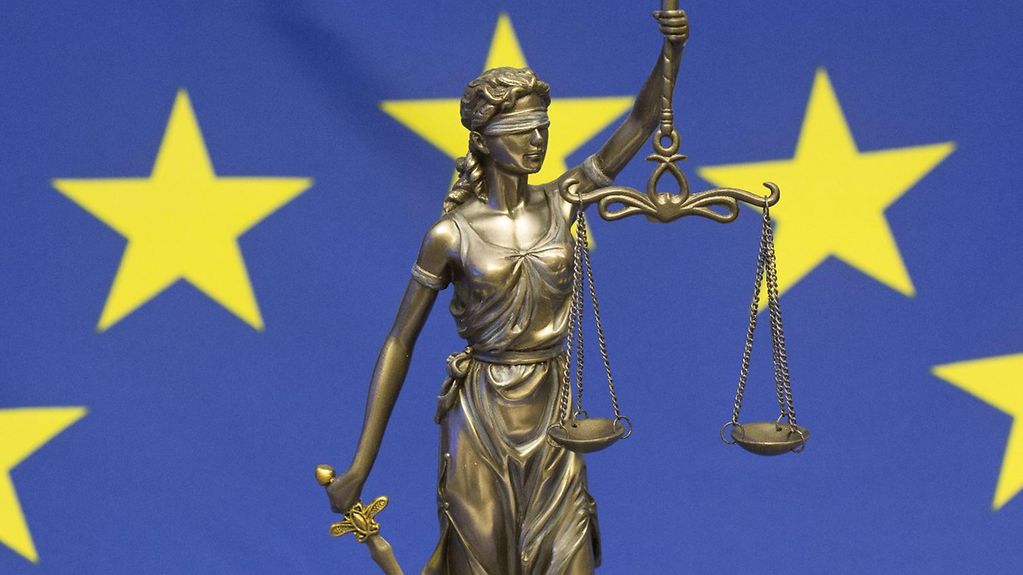European Public Prosecutor's Office
Corruption, fraud, money laundering: crimes that target the financial interests of the EU in member states are in future to be investigated by an independent, decentralised authority. The European Public Prosecutor’s Office (EPPO) is expected to become operational at the end of 2020. The Cabinet has decided this on the basis of an EU regulation.
1 min reading time

The supranational European Public Prosecutor's Office is designed primarily to protect the financial interests of the EU
Photo: picture alliance / Ulrich Baumgarten
Both the European Union and member states are required to protect the financial interests of the EU from crime. Every year criminal activity causes enormous financial damage. National authorities are not always able to investigate these crimes to the extent required, and bring prosecutions.
EU’s first independent Public Prosecutor’s Office
The establishment of the EPPO will put in place the European Union’s first independent decentralised public prosecutor’s office. The aim is to fight crimes that target the financial interests of the EU in member states. Crimes of this sort against the financial budget of the European Union include subsidy fraud, corruption and cross-border VAT (value added tax) fraud.
The European Public Prosecutor’s Office will supervise and coordinate investigations and prosecutions in participating EU member states, as a central body, to ensure a standardised approach.
Adaptation of other criminal provisions
The draft legislation also provides for criminal law provisions to protect private and official secrets to be applicable in future to all "European officials". European officials are deemed to include members of the European Commission and employees and civil servants of the EU.
The draft legislation also, however, serves to implement another EU Directive. The European Criminal Record Information Exchange System is to be further improved, i.e. the sharing of data by national criminal records authorities. To this end, the European police clearance certificate will be expanded to cover citizens of third states and the right to information about data saved in the system pertaining to oneself will be extended. Parallel to this, it will be made clear that the rulings of German courts will not be included in the European police clearance certificate.